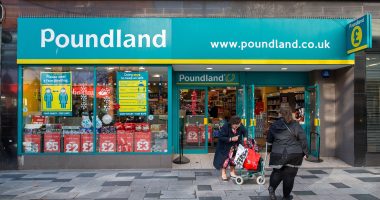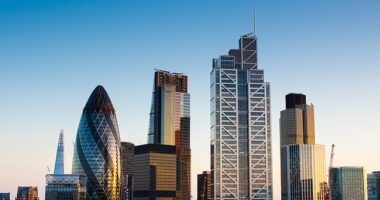
Elon Musk says he ‘hates’ being the boss of electric car giant Tesla and the company’s directors ‘don’t listen to me’.
Giving evidence in a trial about the company’s £1.9billion takeover of Solar City in 2016, the billionaire entrepreneur said he dislikes being in charge of Tesla but added the company could not run without him.
‘I rather hate it and I would prefer to spend my time on design and engineering,’ he said.


Grilling: Tesla founder Elon Musk (pictured) said he dislikes being in charge of the electric car maker but added the company could not run without him
Tesla shareholders have accused Musk of putting them under pressure to sign off on the deal to buy Solar City, a solar panel maker he founded with his cousins.
They say Tesla’s money was wasted on the takeover, which they claim was essentially a bailout as Solar City was running out of money.
And Musk’s 22 per cent stake in Tesla, they allege, makes him akin to a controlling shareholder – a role that would give him the ability to have more influence than other investors over the company’s decisions.
A judge will use the two-week trial to decide if the Solar City deal was fair to Tesla shareholders.
If the judge rules against Musk, who also runs the rocket company Space X, he could be asked to repay to Tesla what it spent on the deal. It could be one of the largest-ever damages payouts.
Musk, who is the third-richest man in the world with a £115billion fortune, vigorously denies the allegations.
Testifying for a second day, the 50-year-old father of seven sparred with lawyer Randall Baron who has been grilling him about his role in the Solar City deal. ‘Your questions are so deceptive,’ Musk complained.
They clashed over the meaning of the word ‘cabal’, which Baron used to characterise the Tesla team that was updating Musk daily in July 2016 about the deal.
When Musk objected that ‘cabal’ sounded sinister, Baron countered that it typically meant a group of people working together toward a common purpose. ‘Usually not in a good way,’ Musk muttered.
Musk rejected any notion that he pressed the board to pursue the takeover, but acknowledged that he had recommended an acquisition price of $28.50 a share.
The board ultimately decided to offer $26.50 to $28.50 a share.
‘They don’t listen to me, obviously,’ he said.









